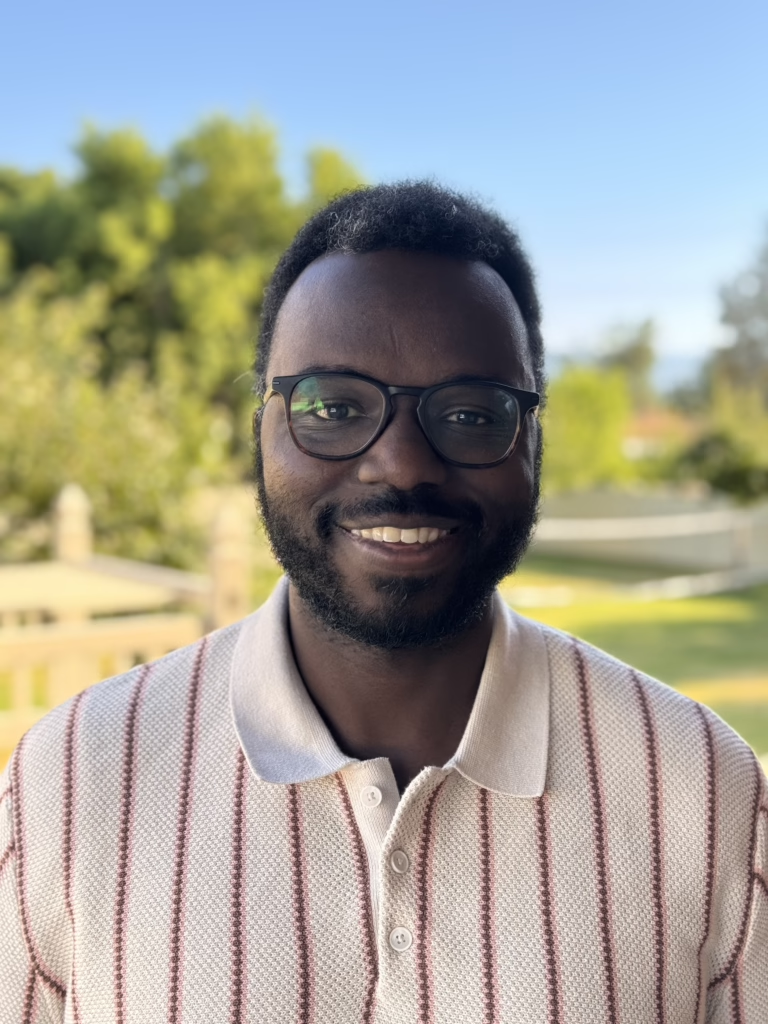Growing up, Jowanza Joseph, 36, didn’t have the most stable home life. His parents immigrated from Saint Kitts to the United States before separating. He ended up living with his mother and three brothers.
Joseph’s family spent his childhood jumping from borough to borough in New York – occasionally popping into Connecticut for brief stints. But most of his childhood was spent in Queens, New York.
Unlike many founders, Joseph’s education was far from elite. The schools he attended in Queens were underfunded and run by an overworked staff, which left little room for individual support. When Joseph expressed his desire to become an astronaut, his teacher advised him to aim lower – like graduating from community college or becoming a mechanic.
But Joseph has never been one to listen to those who doubt him. He was accepted to the University of Connecticut and later transferred to Brigham Young University. After graduating, he worked in the tech industry for about 10 years before being hired as the vice president of software engineering at Mastercard.
As his career advanced, he began to believe that he had the traits and skills to open his own business. After reevaluating his priorities and goals, Joseph decided to take the leap and launch his own startup, Parakeet. Its mission is to automate the research process against regulatory agencies, filling out forms, and establishing a process for compliance management within a company.
Even though Joseph has experienced immense success in his life, his childhood left a lasting impact. Today, he has learned how to not let his past hold him back.
Do you think your upbringing influenced your journey to becoming a startup founder?
I would say the desire to build something interesting and impactful has always been a part of me. I like the idea of doing things that are grandiose or have an outsized impact.
Unfortunately, where I grew up, I was told that people like myself couldn’t accomplish those kinds of things. That dormant feeling came back later in life. It took a long, long time, but I feel that same drive again.
Do you think there’s a reason you were able to overcome those circumstances?
I would say that my personality and work ethic. I think there’s craft and genuine excellence that I want to bring to everything I do. No matter what the job, I just throw myself into it.
What I didn’t realize is that those are traits that make for a good founder. I was led to believe that there’s something innate or outside of the norm about founders. I just assumed that I must not be that kind of person. But once I started connecting with other founders and learning from their successes and failures, it allowed me to see my reflection in what they were doing.
How did you learn to deal with rejection?
I actually don’t mind being rejected. I take it as a motivating factor. It’s a very positive thing for me. I’m really fueled off of that rejection. I will build a fortress in my mind that says, ‘I have a correct view of the world.’ Those who reject me are wrong, and I will prove them wrong.
But it does have some negative effects. Sometimes I will put on blinders instead of absorbing constructive feedback.
Are there any unique challenges you faced with Parakeet?
One of the main things is fundraising. The thing I’ve learned over time is that metrics win. If you’re building a company that can’t get the revenue without funding first, then you better be very, very good at everything in that circle. There’s no way you’re going to get funding without it.
Are there things you wish you knew you’d have to sacrifice before becoming a founder?
The thing that I didn’t expect was learning how to be a salesperson. That I’d need to work out how much I needed to learn about the motions of sales. I thought I’d build a nice landing page and product, then the inbound would happen. But that’s not the way it works. I had to get really good at it – and I’m still not that great at it.
Is there anything that you think back on that you wish you had focused on more?
We began with a more nebulous idea about the risks people face. That was good enough to get some early traction and funding, but it’s not really how you build a big company. You build a big company by solving a meaningful problem. I got that mixed up.
But our main issue is really about positioning and capturing the biggest market possible. Even now I would say that the thing that keeps me up at night – thinking about how I am going to better position Parakeet.

